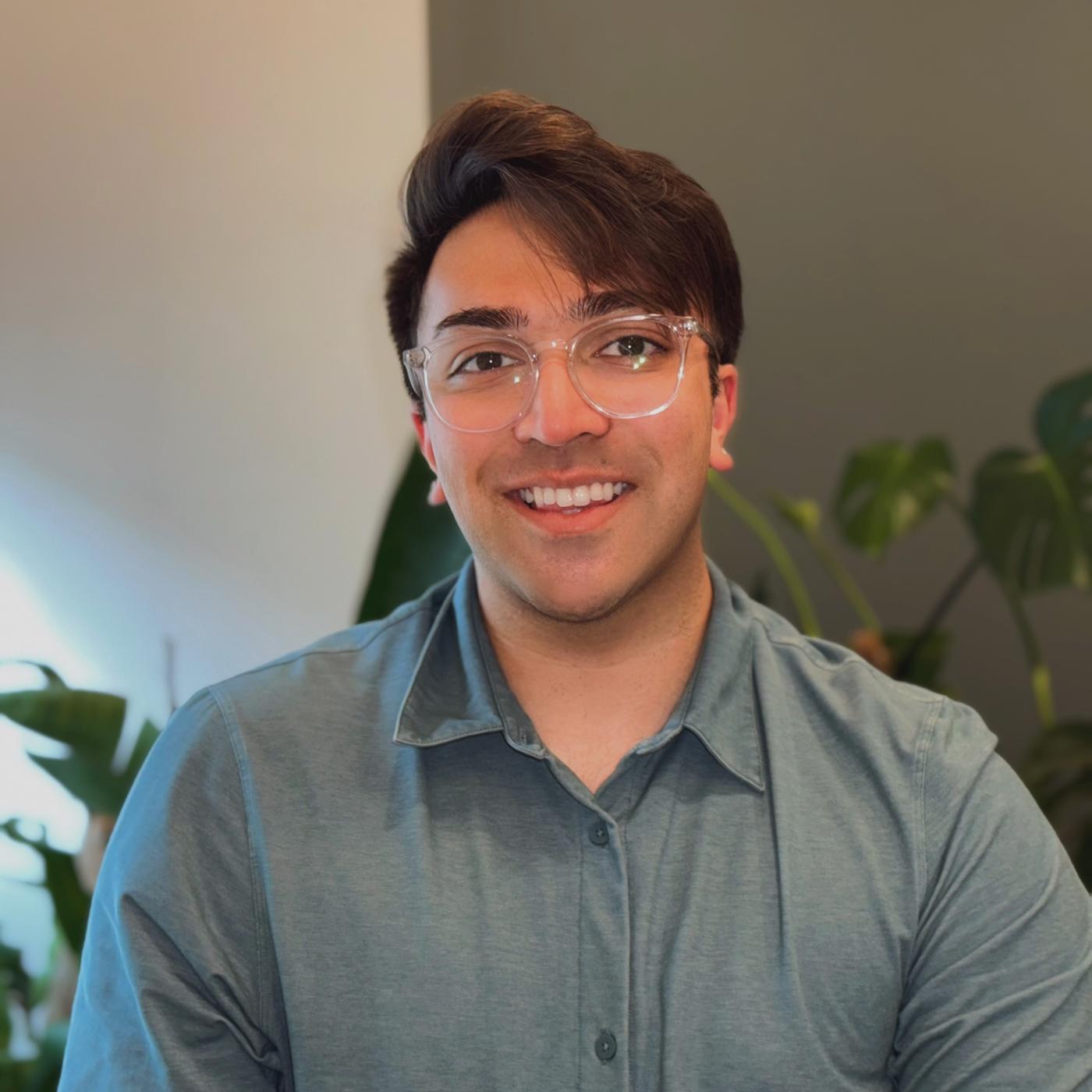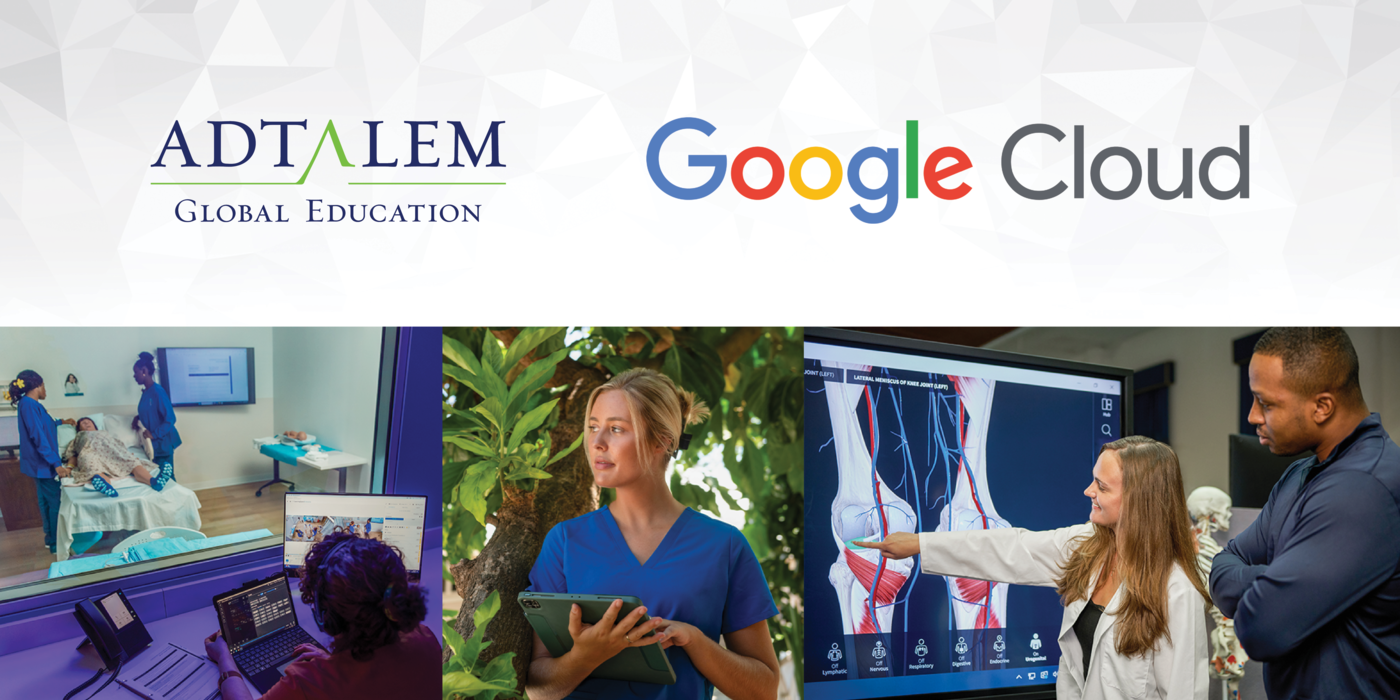Rohan Patel, MD ’20, earned a Master of Public Health degree and published three papers during his oncology residency to break down barriers to cancer care for LGBTQIA+ individuals.
Rohan Patel’s, MD ’20, MPH, journey into public health and LGBTQIA+ cancer research is deeply personal.
Dr. Patel is a rising fifth-year radiation oncology chief resident at Case Western Reserve University Hospitals Seidman Cancer Center in Cleveland, Ohio. During his residency, he pursued a Master of Public Health in global health and public policy. But the roots of his advocacy stretch back to his time at Adtalem Global Education’s American University of the Caribbean School of Medicine (AUC), where early clinical experiences helped sharpen his awareness of how social factors shape health.
“During rotations in New York City—in Bronx, Brooklyn, Flushing—I saw the impact of social drivers of health up close,” he says. “People weren’t just sick. They were navigating poverty, mistrust, delayed access to healthcare. That stuck with me.”
At AUC, he was already immersed in health equity work in race- and ethnicity-based disparities and involved in AUC’s Global Health Interest Club.
That mindset became mission during residency.
As he began to care for patients facing complex cancers, Dr. Patel saw how often LGBTQIA+ individuals arrived at later stages, lacked support systems or avoided care altogether. That’s what led him to pursue an MPH while completing his residency, laying the groundwork for his current research and community advocacy.
Research as a Tool for Change
Through his MPH program, Dr. Patel published three papers focused on disparities in cancer care for sexual and gender minority populations. Though not clinical trials, the papers offer a framework for how health systems can take concrete action.
His paper in the Urologic Oncology Journal, lays out inclusive strategies for clinics treating genitourinary cancers, with applications far beyond a single specialty. In the Cancer Health Disparities Journal, Dr. Patel presents a framework for addressing cancer-related inequities among queer and transgender Pacific Islanders by highlighting structural barriers and advocating for an intersectional approach. The third paper, published in The Lancet Global Health, examines how sexual and gender minorities in low- and middle-income countries face unique barriers to cancer care, with actionable recommendations to inform policy and healthcare delivery.
Dr. Patel hopes his work can help bridge that gap.
Why Affirming, Intersectional Care Matters
Dr. Patel’s own identity as a Fijian Indian gay man has shaped his commitment to research promoting intersectionality and affirming care. “We’re not siloed beings,” he says. “Our identities are layered—race, gender, sexuality, class—and the discrimination people face is layered too. Someone might not just be navigating bias because of their sexuality, but also because of their ethnicity, language, or socioeconomic status. If we don’t account for that, we’ll keep missing the mark in care delivery.”
That belief extends to every part of the patient’s experience. For Dr. Patel, inclusive care isn’t about getting everything right—it’s about showing up with intention.
For more information, email the Adtalem Global Communications Team: adtalemmedia@adtalem.com.




